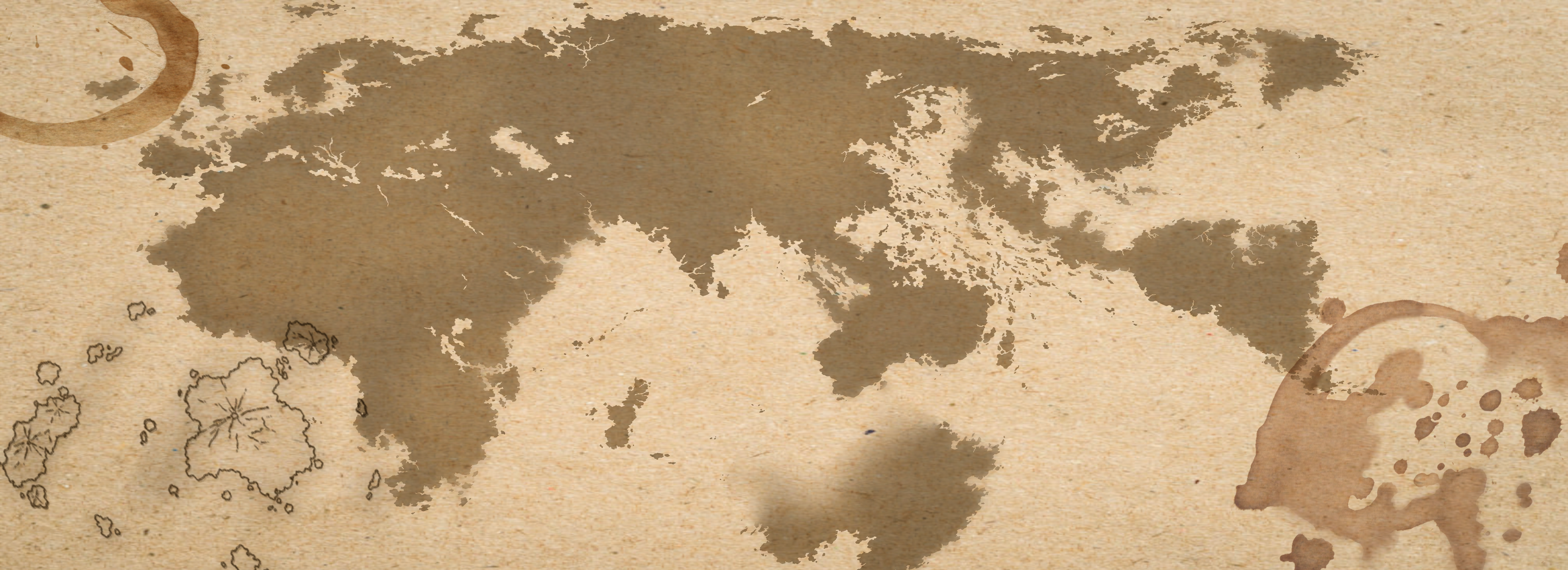Depths Serpents
Summary
Myths of 'depths serpents' are fairly common in coastal dragon territories, particularly those nearby to whale populations. The majority of these urban legends tell of truly massive monsters that lurk near whale and dolphin pods, feeding on them and hunting them, but eager to take on other prey- depth serpents are commonly said to have some form of illusion magic, cloaking their bodies so they are near invisible in the water, or that they can move at such great speed they can shoot up from the ocean depths to the surface in an instant.
Historical Basis
All of these myths and urban legends are very likely to stem from stories of orca attacks on dragons. Just as they do with seabirds, killer whales are known to attack low flying dragons by breaching and biting onto whatever limbs they can reach to pull them into the water. Due to their colorations, most dragons have an extremely hard time seeing orcas under the water aside from the white markings on their face, which are often confused as the eyes of a significantly larger creature, even by those aware of what orcas are and they may be in the region. The oldest accounts of similar mythological beasts may very well be based on ancient predator whales that may have engaged in similar behavior as orcas do today, as well as animals like megalodon and other giant prehistoric sharks.
Cultural Reception
In part due to the myths and how orcas are seen by dragons, many coastal communities elusively refer to them and other toothed whales in dragontongue as 'large danger fish'. Many also have a distinct word for such attacks in of themselves, as depth serpents.
Although a minority, there is a population of those, both mortal and dragon, who believe that the Depth Serpent is an actual undiscovered species, classifying it as a cryptid. In such groups, descriptions of the myths are often taken literally to mean that there is a species of oceanic predator that specifically feeds on whales and low flying dragons, herding whales and dolphins for its own feeding. Most often, the word serpent is taken literally to mean the beasts are sea serpents, or occasionally an enormous snake, despite conflicting descriptions.



Comments